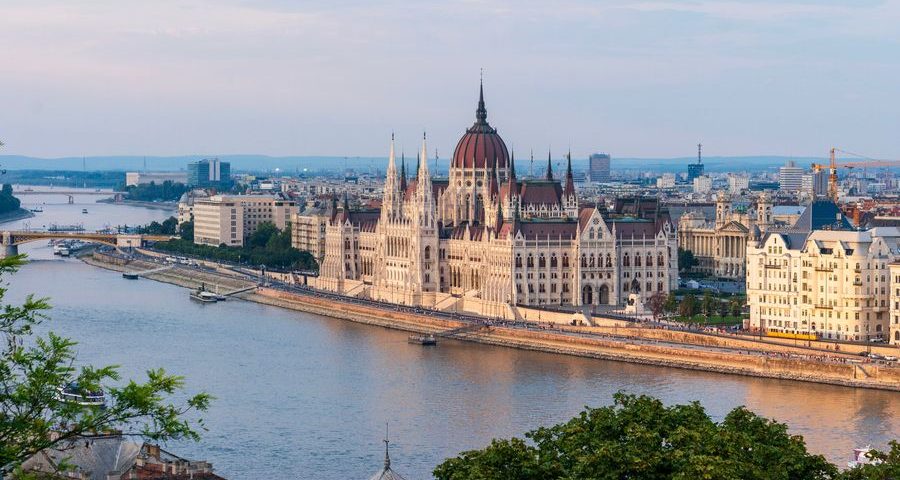
Impact of Ukraine war on French giving explored in study
June 14, 2022
IFC returns for first outing since 2019
June 23, 2022Hungary is on the latest CIVICUS Monitor Watchlist alongside Chad, Kazakhstan, Kenya, Mexico and Sri Lanka, with serious concerns highlighted over civic freedoms in the country.
The Watchlist draws attention to countries where CIVICUS believes there is a serious, and rapid decline in respect for civic space. This is based on an assessment by CIVICUS Monitor research findings, its research partners, and consultations with activists on the ground.
Hungary has previously been highlighted by CIVICUS and is the only European country to appear on the new Watchlist. It is also one of only two countries in the European Union with an Obstructed rating – the other being Poland. Elsewhere in Europe however, Serbia also falls into the category for obstructed civic space alongside Ukraine. Countries where civic space is regarded as narrowed include the UK, France, Belgium, Spain, Italy, Czech Republic, Croatia and Slovakia.
Aarti Narsee, Civic Space Research Lead, Europe, CIVICUS, commented:
“The Orbán government has been emboldened by its landslide election victory as it continues down the path of democratic decline by repeatedly targeting civil society and the media. The European Commission must waste no time in acting against Hungary through its new rule of law conditionality regulation.”
Erosion of civic space in Hungary
CIVICUS notes a rapid decline in civic space in the country, with the rights to freedoms of association and expression under threat. It highlights Prime Minister Viktor Orbán’s announcement of another state of emergency in May this year, which gave the government power to rule by decree and pass laws without parliamentary oversight. This follows similar measures implemented during the COVID-19 pandemic via the Authorisation Act.
It also draws attention to the government’s investigations, shortly after re-election this year, into thousands of NGOs which are foreign funded and “capable of influencing public life”, and a new law, passed last year, which requires the State Audit Office to report annually on the financial status of NGOs which have a budget that exceeds €55,000. Its investigations also show independent media being pushed out by the government-controlled National Media and Communications Authority (NHHH) and its Media Council, and LGBTQI+ rights being eroded through restrictive legislation.
Emese Pásztor, Political Freedoms Project director, Hungarian Civil Liberties Union, said:
“The new special legal order is a multi-faceted tool that the government can use to support its own political aims. If the government wishes to do so, civil society can be silenced by decree in the blink of an eye by re-introducing the general ban on assemblies or curtailing other political rights.”
Concerns over Europe
The CIVICUS Monitor has previously stated concern over civic space restrictions in Europe, stating back in December that although Europe has the greatest number of ‘open’ countries, year after year there are signs of serious deterioration.
In its regional breakdown, the Monitor puts Europe and Central Asia together. In this category, the civic space in 19 countries is rated as open, 21 as narrowed, 7 as obstructed, 3 as repressed and 4 as closed.
Overall, CIVICUS provides ratings for civic space in 197 countries and territories (all UN member states and Hong Kong, Kosovo, Palestine, and Taiwan). Restrictions monitored include the detaining of protesters, intimidation, restrictive laws and attacks on journalists.
Global figures
Globally, the Monitor reports, only 3.1% of the world’s population lives in countries with open civic space. It currently rates 39 countries and territories as open, 41 as narrowed, 42 as obstructed, 50 as repressed and 25 as closed.
In the coming weeks and months, the CIVICUS Monitor will track developments in each of these countries as part of efforts to ensure greater pressure is brought to bear on governments. CIVICUS is also calling upon these governments to do everything in their power to end the crackdowns on civic space and ensure those responsible are held to account.
Photo by Ervin Lukacs on Unsplash




